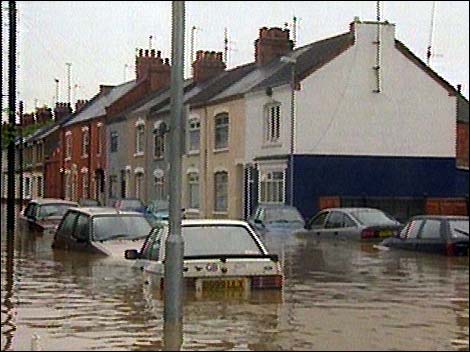Dieseljockey
Regular.
Just watching the news and seeing all about the floods...I hope you guys are ok with all this flooding. We have a road in the village which was flooded the other day but at the mo we are safe.

31bb3 said:went down the brewhouse today to find 6 inches of water outside the door









Frogfurlong said:In 2007 this area experienced serious flooding,
Frogfurlong said:We lost a lot, photographs etc were destroyed and the electronic backups were on the computer that got fried (not by the flood itself but simply by the humidity generated by so much water in one place).
graysalchemy said:Not bad here in Sunny Manchester, though the brook behind our house is very high, the R. Mersey isn't to bad. Considering that it always rains in Manchestre we aren't really prone to flooding, however they do say that that is because we have the Manchester Ship Canal . :thumb: